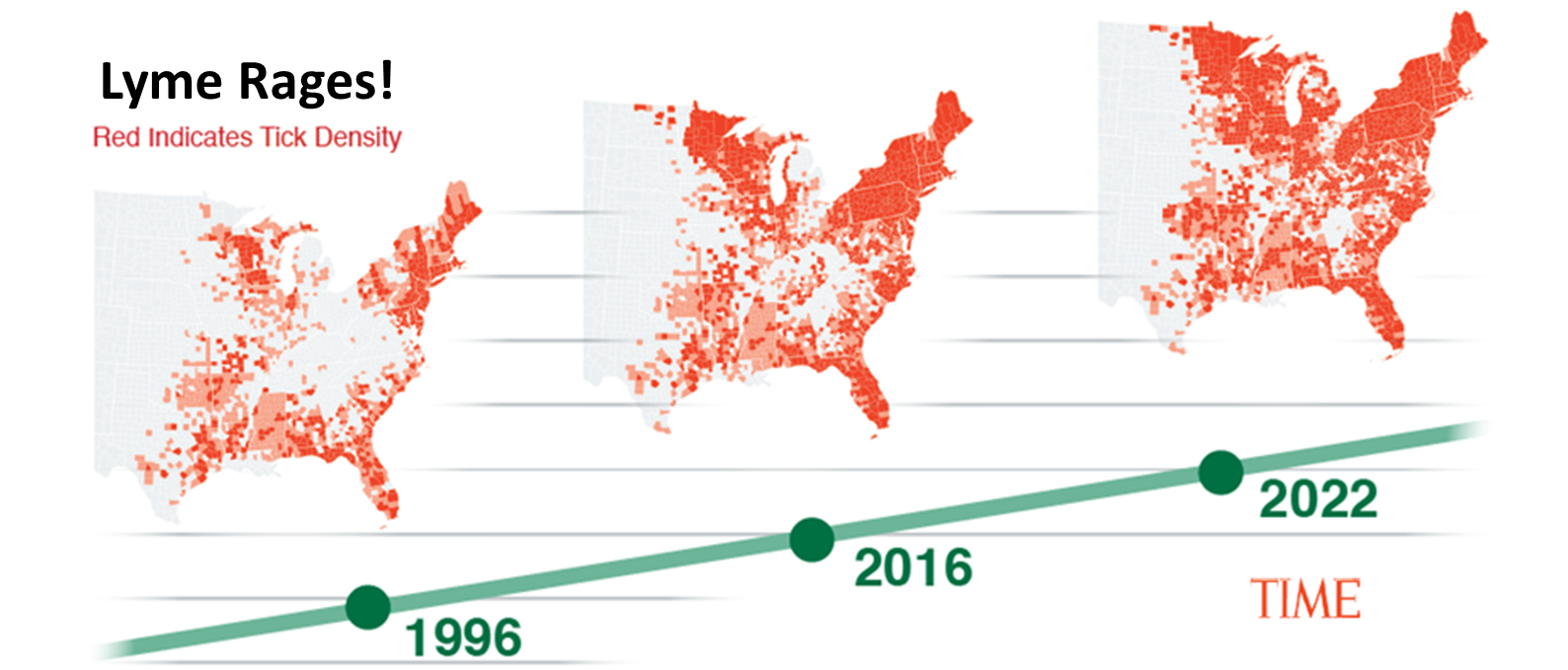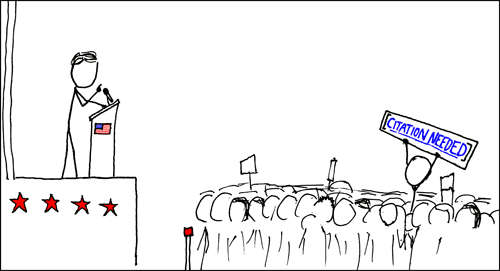GUEST POST: CORPORATE INNOVATION: 3 Recent Government Proposals (and Inaction) Creating Obstacles

Innovation has always been a key driver of economic growth, productivity and human progress. According to the Global Innovation Index 2023 by the World Intellectual Property Organization (WIPO), factors such as robust R&D networks, effective cooperation between research institutions and industry, accessible investor networks, manufacturing infrastructure, pro-investment policies, and strong intellectual property laws and procedures shape innovation in leading countries. Despite the United States ranking third globally in innovation (behind only Switzerland and Sweden), recent U.S. government proposals and legislative inaction contradict these supportive factors.
Three of the most problematic proposals (or inactions) from the past year include:
- a federal ban on non-compete agreements and other restrictive covenants;
- the government’s consideration of exercising “March-In” Rights on technology developed with federally funded research; and,
- the Congressional failure to extend R&D tax credit and restore full expensing for R&D as well as ending the five-year amortization requirement for such expenses.
Federal Ban on Non-competes: The federal ban on non-competes, introduced by the Federal Trade Commission in early 2023, and finalized in April 2024, is allegedly targeted at abuses of these agreements, to promote greater labor mobility, and to empower workers to explore better opportunities. However, there is general concern that a complete ban could stifle innovation in industries where they have traditionally been used to protect proprietary/confidential information and intellectual property such as trade secrets. While many have noted that there will be legal and practical challenges to implementation and enforcement of such a ban, both supporters and opponents agree that some balancing between workers’ rights and fostering innovation will be required.
“March-In” Rights for Federally Funded Research: Another proposal was set out late last year by the U.S. Department of Commerce’s National Institute of Standards and Technology (NIST). NIST released for public comment a framework for federal government agencies to consider the potential exercise of March-In Rights–in cases where patented technologies resulting from federally funded research were not being made available to the public on “reasonable terms,” including pricing. This is a departure from the established understanding that these rights were not to be used to influence or regulate market pricing and the proposal presents a significant shift in the landscape of intellectual property regulation, as these rights have never been exercised during the more than 40-year history of the Bayh-Dole Act.
In the thousands of public comments, many note that the government’s potential exercise of March-In Rights would have a negligible effect on pricing while stifling innovation. In addition, the exercise likely would have a chilling effect on the willingness of prospective licensees and VCs to participate in the commercialization of federally sponsored research.
Failure to Extend the R&D Tax Credit:A third issue that could harm innovation is the government’s failure to extend the R&D tax credit, which has long been an important policy tool for encouraging businesses to invest in research and development activities. This tax credit is a dollar-for-dollar federal tax liability reduction that companies can take for approved domestic expenses, including product or process design and development. Despite negotiations in Congress, no restoration of full “expensing” has occurred. Without restoration of full expensing, businesses face increased uncertainty and reduced incentives to undertake costly R&D projects.
Collectively these proposals would detrimentally affect innovation and the economy and hinder the competitiveness of U.S. businesses. Reconsideration of each is warranted, if the U.S. wishes to maintain our position as a global leader in innovation and economic growth, and our ability to create long-term prosperity.
You can contact your congressional representatives or lobby for change if you also believe that these government actions will be detrimental to your company or to your investments.
About the Author:
Peter C. Lando is a founding partner of the Boston-based IP boutique law firm, Lando & Anastasi, LLP. He can be reached at 617-395-7002 or PLando@LALaw.com.



